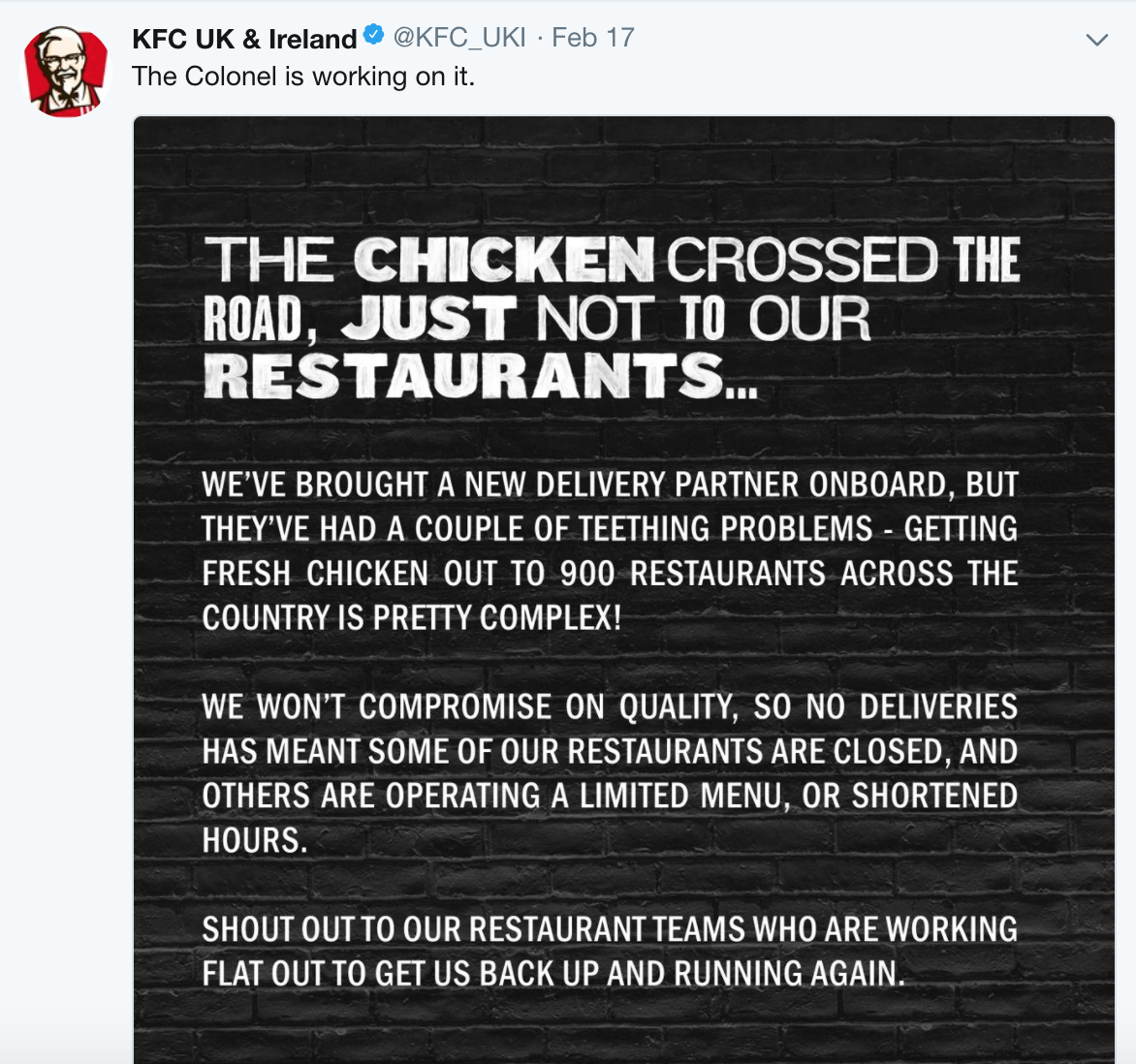Sometimes brands can really get it wrong when it comes to creating digital marketing campaigns. However when advertising fails arise it’s often the way the brand handles the situation in the aftermath, that matters the most.
The initial response is mainly what customers judge most harshly and what determines their capability to bounce back in the aftermath of a bad PR situation.
Digital Marketing Campaigns: How To Bounce Back From Advertising Fails Share on X However, when marketing mishaps occur, it’s often a time for brands to show what their true colours really are. Brands need to respond in such a way, after a damaging marketing blunder, that is personal, genuine, intimate and truly reflexive. This is often the only way businesses can pull themselves back from the marketing abyss and get audience’s back on side. Here’s how to do it:
However, when marketing mishaps occur, it’s often a time for brands to show what their true colours really are. Brands need to respond in such a way, after a damaging marketing blunder, that is personal, genuine, intimate and truly reflexive. This is often the only way businesses can pull themselves back from the marketing abyss and get audience’s back on side. Here’s how to do it:
Humour And The Art of Distraction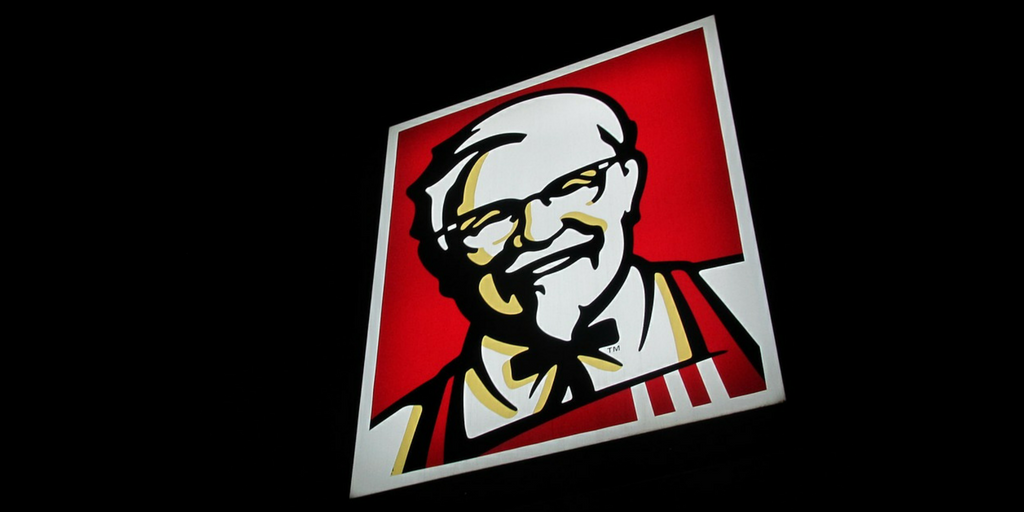
Very recently KFC ran out of chicken. No, this wasn’t some hellish alternate universe we’re talking about here, one of the UK’s top fast-food outlets, legitimately ran out of their main menu item, chicken. As you can imagine, the internet went into meltdown.
Related articles: Emotional Advertising: 4 Emotive Ads To Remember
Problems relating to their newly appointed courier DHL, meant that over 600 branches had to be temporarily shut. However throughout all of this, KFC became an shining example to all businesses out there on how to handle a marketing disaster. They showed their customer they cared and reiterated their company ethos but kept the whole thing cool and lighthearted, opening their social media statement with a classic joke, one with universal appeal and appreciation.
Alongside their social media efforts, KFC also ran paper ad’s which appeared in national UK papers issuing another apology, making the comedy even more central to the story. With a rather cheeky apology, this marketing feat accurately encompassed how customers and KFC felt about this truly disastrous situation. However, this ad as described by one twitter user responding to the event called it “A masterclass in PR crisis management’. We couldn’t agree more.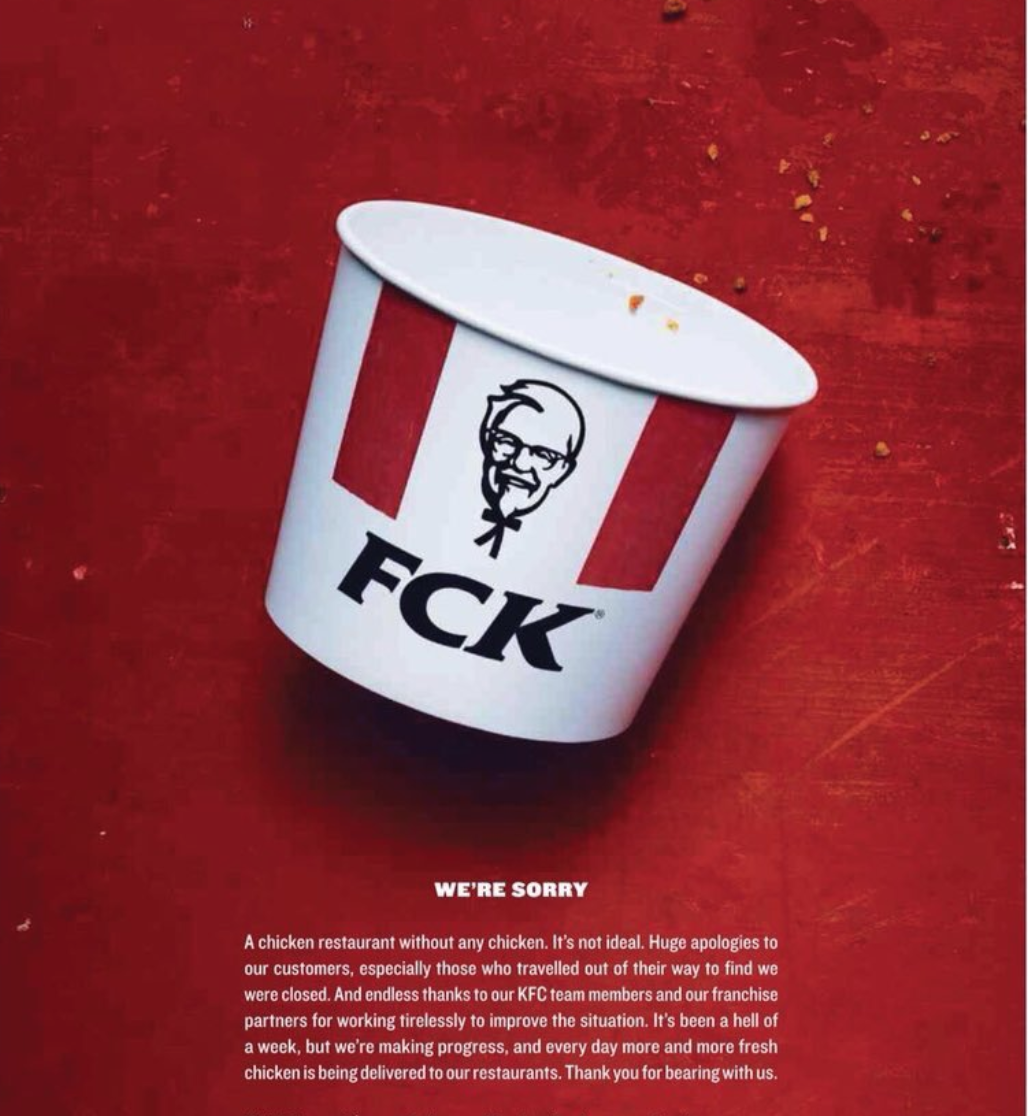
Take Accountability For Mistakes
If you’ve decided to go with a marketing campaign that unintentionally upsets or angers a lot of people it can sometimes be difficult to know what to do. In the world of screenshots and social media it’s hard to conceal any mistakes you make online, marketing or otherwise. However, if you’ve genuinely made an error and your brand is mostly to blame, the best thing you can do is to just own up.
Approaching PR after a marketing blunder with honesty and sincerity is the only real option you have. However, for one major US Airline, they decided that sidestepping the issue was the best approach when it came to one of their own advertising fails. After a video emerged of state police forcibly removing a man from an United Airlines plane who ended up bloodied and limp, they released this ‘apology’.
While the incident was due to an airline overbooking issue, the video is truly disturbing and required a much more sensitive handling than the words ‘we apologize for having to re-accommodate these customers’. The social media backlash triggered a second apology from CEO Oscar Munoz. However, sometimes when a brand is reactionary and not proactive then it doesn’t quite do the same job in helping to restore brand identity.
Adidas found themselves in some similar hot water when they issued an incredibly ill-thought-out email subject line after the Boston Marathon. As we all know, during the The Boston Marathon a deadly bomb attack occurred, that killed 3 and injured over 100 people. We can’t help but think that the person who authorised ‘you survived the boston marathon’ title no longer works for the brand.
While this is a prime example of an email marketing mishap of gigantic proportions, their response to the mistake is a great example of how to properly issue an apology. Adidas quickly posted a sincere, emotional and heartfelt apology that really addressed the issues. They undoubtedly took all accountability for their mistakes, which was really refreshing for the brand and helped to restore their image as a business that really do care.
Related articles: 7 Digital Marketing Trends That Will Rule 2018
Take Swift and Decisive Action
When dealing with a marketing mishap it is all about how quickly you throw water over the burning building. Letting the fires rage on can only make it worse and it’ll spread before you can hit the delete button. Talking of marketing mishaps, we’ve all seen that Pepsi advert, in fact it’s still circling around youtube if you feel like checking it out.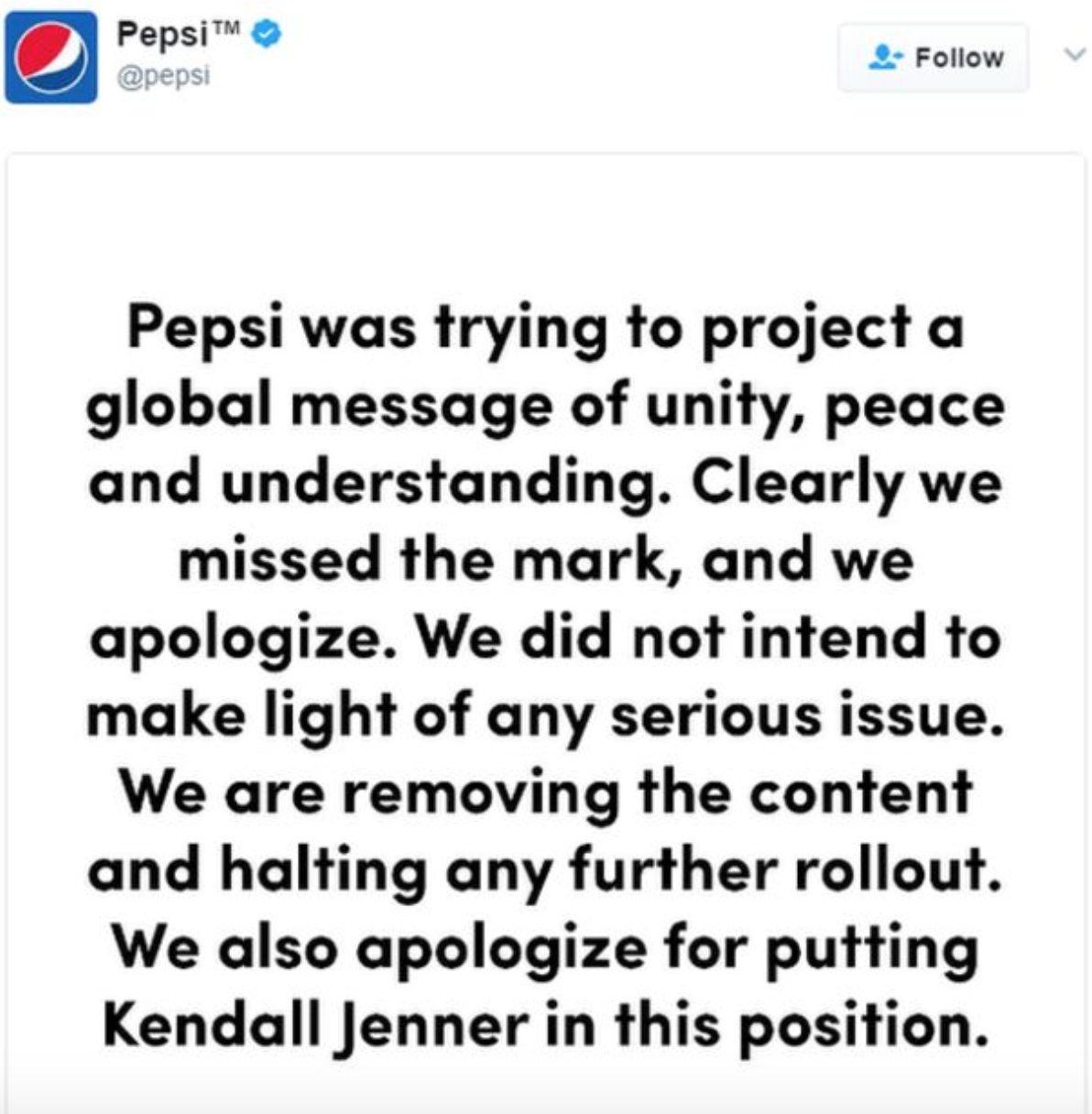
The lack of sensitivity and understanding for the black lives matter campaign in everything from the cast of Kendall Jenner to the storyline of the actual advert itself, was stunningly ill-judged. Yet, the removal of the ad and the brand’s response was direct and swift, it wasn’t allowed to fester and people have actually commended the brand for the speed in which they dealt with the situation.
“Pepsi seems to have managed the retraction and apology quite well. Most importantly Pepsi was swift and decisive in its response to the feedback” – David Meikle, Salt
Engage in Action Your Audience Will Appreciate
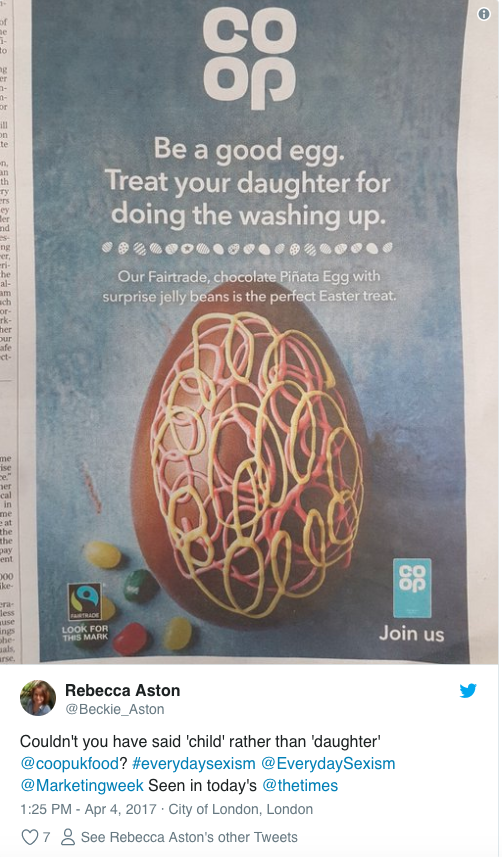 In April 2017 the Co-op came out with a ‘Treat your daughter’ Easter egg print advert that appeared in most major newspapers. The inadvertent sexism and gender stereotyping running through the advert didn’t go down to well with many customers and social media users.
In April 2017 the Co-op came out with a ‘Treat your daughter’ Easter egg print advert that appeared in most major newspapers. The inadvertent sexism and gender stereotyping running through the advert didn’t go down to well with many customers and social media users.
However, the brand did more than simply apologise and instead of pulling the advert, they listened to the widespread criticism and reworded the advert to something more appropriate: “A very special egg for a very special person.” When a brand responds in such a way as this it makes customers as is their voices have been heard, making them feel truly valued.
This was accompanied by an official and sincere apology from the Co-op Group detailing their mistake.”It was a genuine error in our marketing team, which led to that ad. We apologised and we fixed it quickly.”
Download PDF – How To Bounce Back From Advertising FailsThere’s no one ‘right’ way of dealing with marketing mistakes, these are examples of how some of the biggest brands have dealt with their own PR problems. Making sure your business always operates with authenticity, sincerity and stays on brand through the good times as well as the bad times, will help to make your business resilient and strong if and when criticism and negativity are levelled at you.


